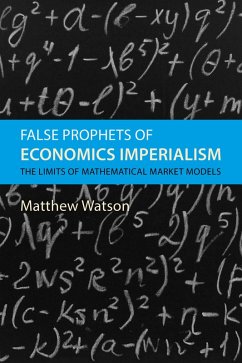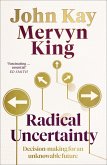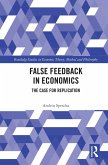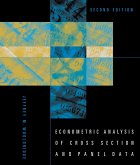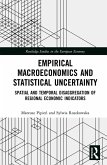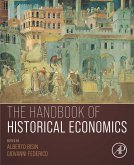This book studies the methodological revolution that has resulted in economists' mathematical market models being exported across the social sciences. The ensuing process of economics imperialism has struck fear into subject specialists worried that their disciplinary knowledge will subsequently count for less. Yet even though mathematical market models facilitate important abstract thought experiments, they are no substitute for carefully contextualised empirical investigations of real social phenomena. The two exist on completely different ontological planes, producing very different types of explanation.
In this deeply researched and wide-ranging intellectual history, Matthew Watson surveys the evolution of modern economics and its modelling methodology. With its origins in Jevons and Robbins and its culmination in Samuelson, Arrow and Debreu, he charts the escape from reality that has allowed economists' hypothetical mathematical models to speak to increasingly self-referential mathematical truths. These are shown to perform badly as social truths, consequently imposing strict epistemic limits on economics imperialism.
In this deeply researched and wide-ranging intellectual history, Matthew Watson surveys the evolution of modern economics and its modelling methodology. With its origins in Jevons and Robbins and its culmination in Samuelson, Arrow and Debreu, he charts the escape from reality that has allowed economists' hypothetical mathematical models to speak to increasingly self-referential mathematical truths. These are shown to perform badly as social truths, consequently imposing strict epistemic limits on economics imperialism.
Dieser Download kann aus rechtlichen Gründen nur mit Rechnungsadresse in A, D ausgeliefert werden.

